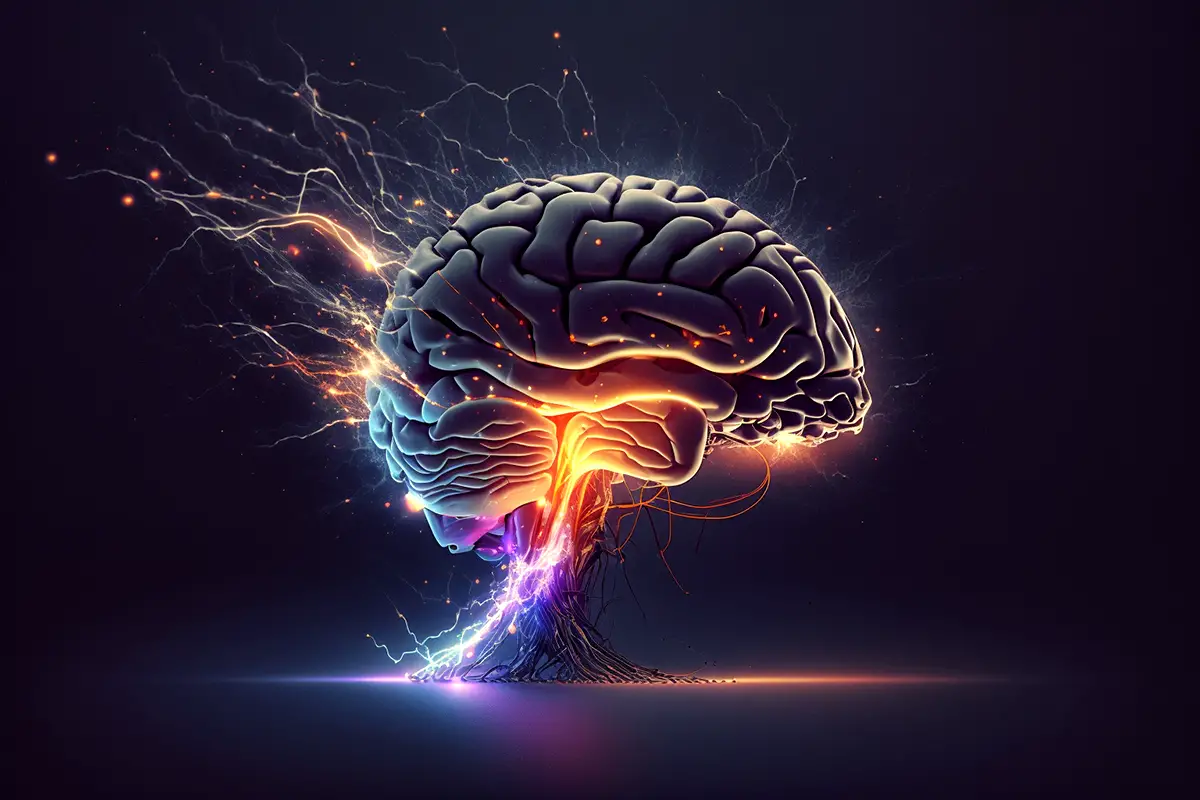In an ever-evolving societal landscape, individuals often experience an array of psychological barriers that can inhibit their pursuit of happiness. The Bahá’í teachings offer profound insights into the concept of ‘Mind Over Matter,’ urging adherents to transcend these impediments through spiritual understanding and personal development. This approach not only fosters individual wellbeing but also contributes to collective growth. Can one truly overcome the insidious barriers of negativity, self-doubt, or fear? This exploration seeks to unpack the intricate relationship between our mental constructs and the pursuit of true contentment.
The Bahá’í Faith espouses that the human mind possesses extraordinary capabilities that can transform the challenges we face. One of the first cornerstones of this philosophy is the recognition that the mind is a powerful tool, capable of shaping reality. Through conscious thought and reflection, individuals can cultivate a positive mindset, which in turn influences emotional well-being and societal interactions. This leads us to consider: How does one harness the power of the mind to foster a state of happiness?
To embark on this transformative journey, it is essential to first identify the psychological barriers that hinder our progress. Common adversities may include fear of failure, pervasive self-doubt, or societal pressures that dictate conformity. These barriers can create a psychological labyrinth, wherein individuals feel trapped and unable to navigate towards happiness. The Bahá’í teachings assert that by adopting a mindset rooted in personal agency, individuals can dismantle these emotional fortifications.
Indeed, the notion of self-reflection plays a pivotal role in overcoming psychological barriers. The Bahá’í principle of “the oneness of humanity” highlights that every individual has inherent worth and the capacity for growth. This understanding urges individuals to introspect and confront their internalized fears and hesitations. For instance, when we delve into self-examination, we begin to elucidate the origin and nature of our fears. Are they derived from personal experiences, societal expectations, or inherited beliefs? With each layer peeled back, one may discover that these barriers are often illusory, a product of thought rather than tangible realities.
Moreover, fostering a community that supports personal growth is integral to overcoming psychological obstacles. The Bahá’í teachings emphasize the importance of unity and collaboration. Engaging with a community of like-minded individuals provides both encouragement and accountability. This collective approach not only alleviates feelings of isolation but also instills a sense of belonging. By participating in discourses focused on self-improvement and spiritual understanding, individuals can cultivate resilience, thereby diminishing the stranglehold of self-defeating thoughts.
A pivotal aspect of Bahá’í practice is the commitment to spiritual education. This involves the study of sacred texts and the application of their teachings to everyday life. By immersing oneself in the Bahá’í writings, individuals draw inspiration and wisdom that can counteract negative patterns of thought. For instance, the teachings promote the idea that adversity is a means for growth, urging individuals to view challenges through a lens of opportunity rather than obstacles. Such a paradigm shift is crucial in redefining one’s approach to life’s adversities, ultimately paving the way for lasting happiness.
Another essential principle is the practice of service to others. Engaging in acts of kindness and generosity not only uplifts those around us but also fosters a deeper sense of purpose within ourselves. The Bahá’í teachings advocate that true happiness is inextricably linked to the service of humanity. When individuals channel their energies towards the betterment of others, they often find that their own sense of fulfillment and joy flourishes. This altruistic mindset can effectively mitigate feelings of despair and isolation, replacing them with a profound sense of connection and belonging.
Meditation and prayer are also integral practices within the Bahá’í Faith, serving as powerful tools for cultivating inner peace and clarity. These contemplative practices enable individuals to cultivate a tranquil mind, allowing for the reduction of stress and anxiety. Through regular engagement in meditation, one may develop a heightened awareness of their thoughts and emotions, allowing them to address negative thought patterns directly. This heightened awareness is instrumental in transforming the ‘mind over matter’ philosophy into a tangible reality, effectively enhancing one’s overall well-being.
Additionally, the concept of gratitude is woven intricately into the teachings of the Bahá’í Faith. Embracing a posture of gratitude enables individuals to acknowledge the abundance that exists in their lives, often overshadowing the barriers they face. By focusing on the positive aspects of one’s existence, individuals can cultivate an optimistic outlook that serves as a counterbalance to negativity. This practice of gratitude requires intentionality and diligence but ultimately leads to a profound sense of joy and fulfillment.
Finally, it is vital to understand that overcoming psychological barriers is a continuous journey rather than a singular destination. The Bahá’í teachings encourage a lifelong commitment to personal and spiritual development, recognizing that growth unfolds incrementally. By integrating practices such as reflection, community engagement, spiritual education, service, meditation, and gratitude into daily life, individuals can dismantle the barriers that hinder their happiness.
In conclusion, the Bahá’í teachings illuminate a path toward dispelling the psychological shadows that obscure happiness. By embracing the tenets of mind over matter, individuals are empowered to confront their fears, nurture positive relationships, and cultivate an enduring sense of purpose. The journey may be fraught with challenges, yet the promise of joy and fulfillment lies within the relentless pursuit of personal and collective betterment. Thus, one can indeed ask: Is it possible to transform our inner worlds and, in turn, reshape our realities? The answer lies within the depths of our minds and the strength of our spirits.
